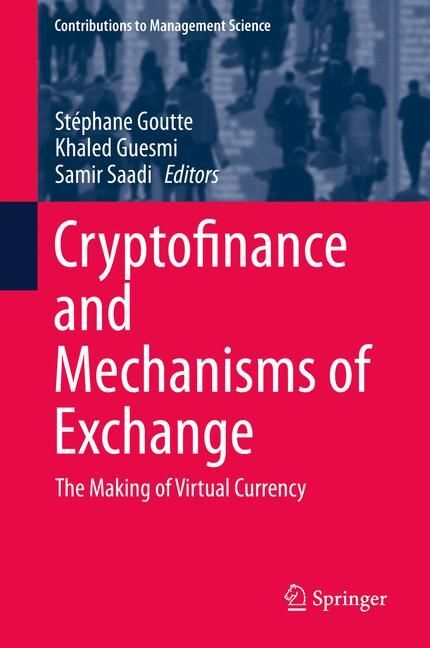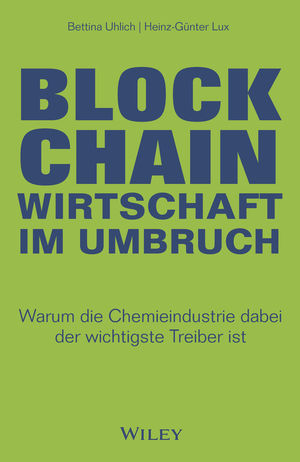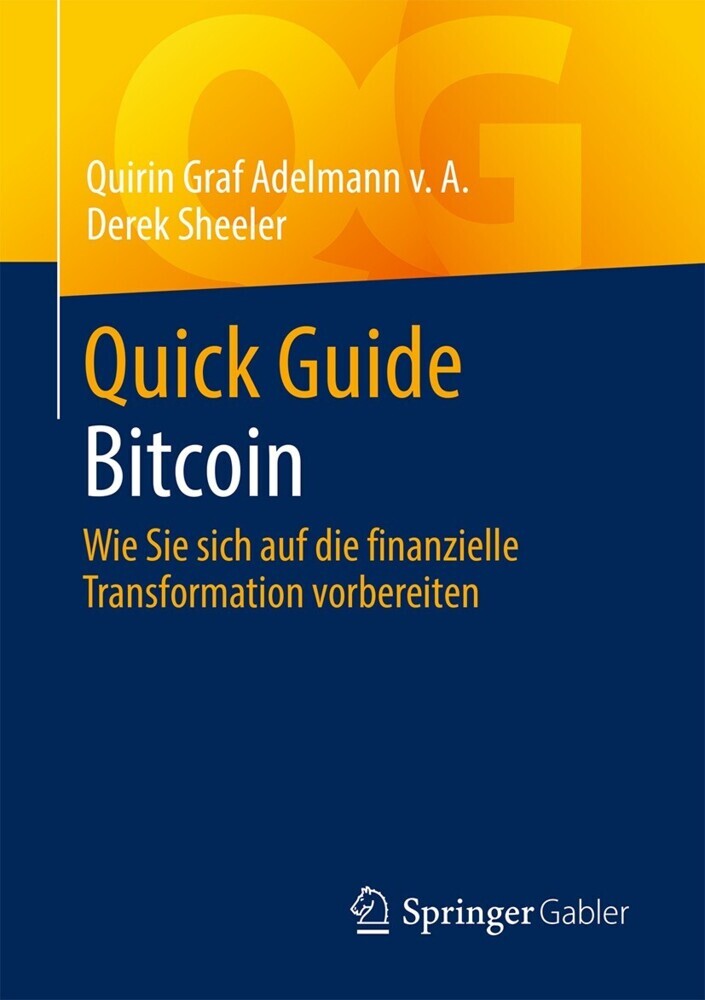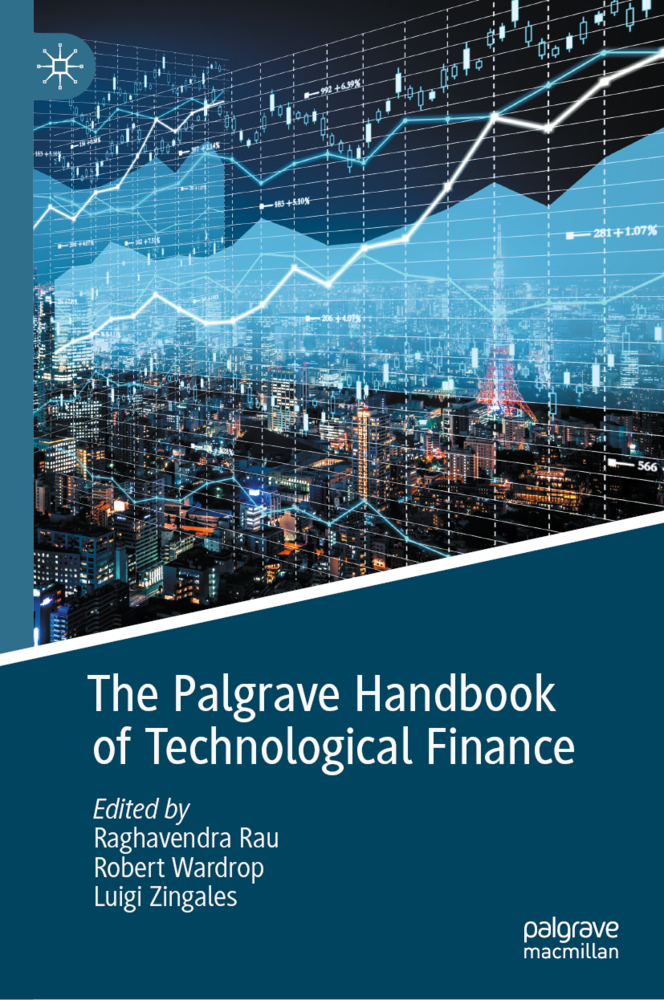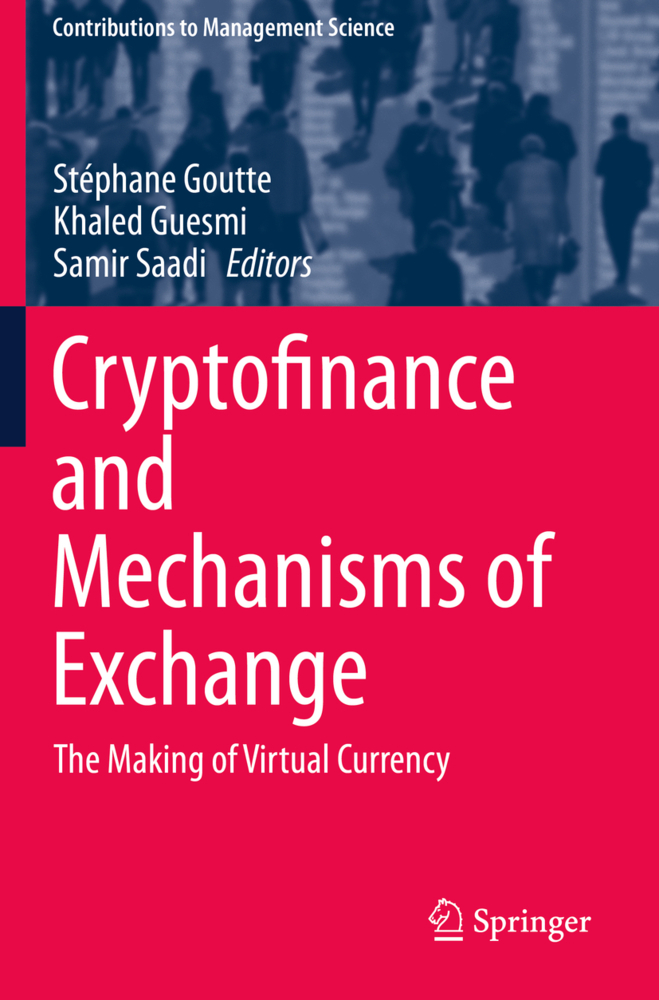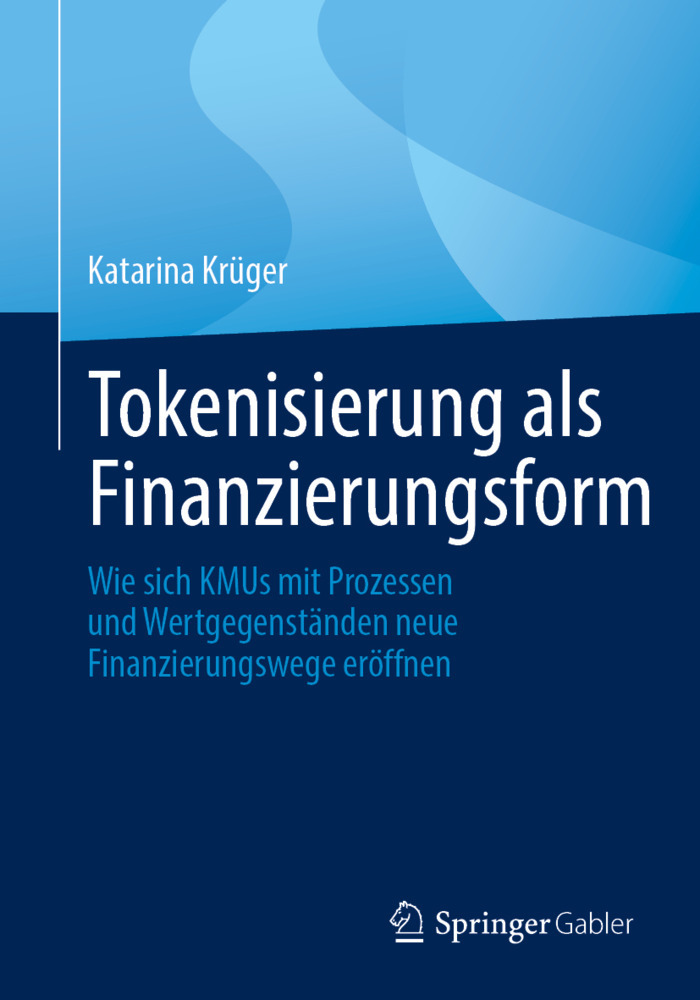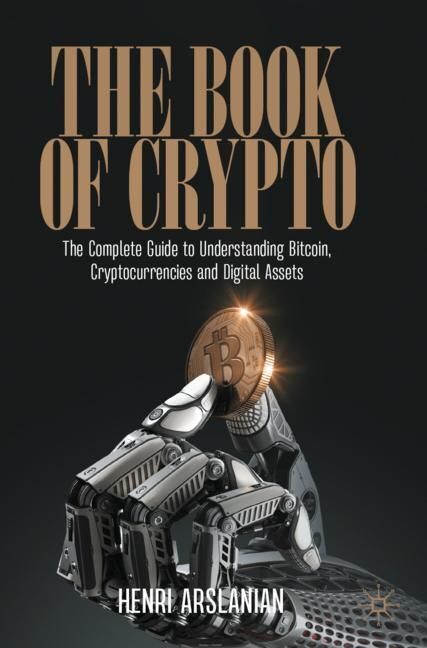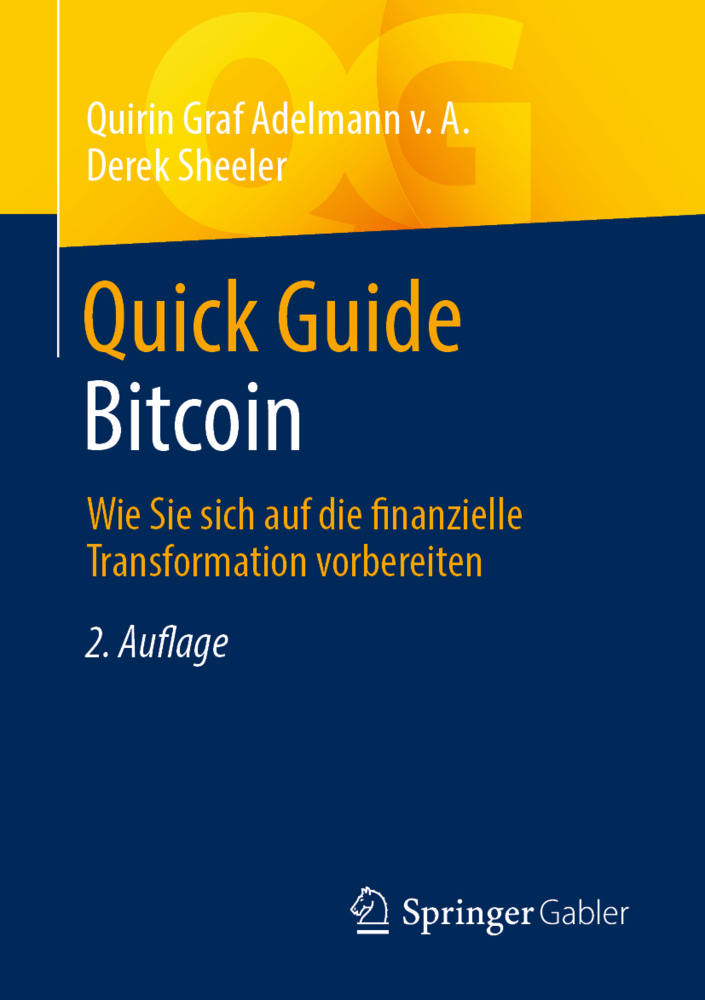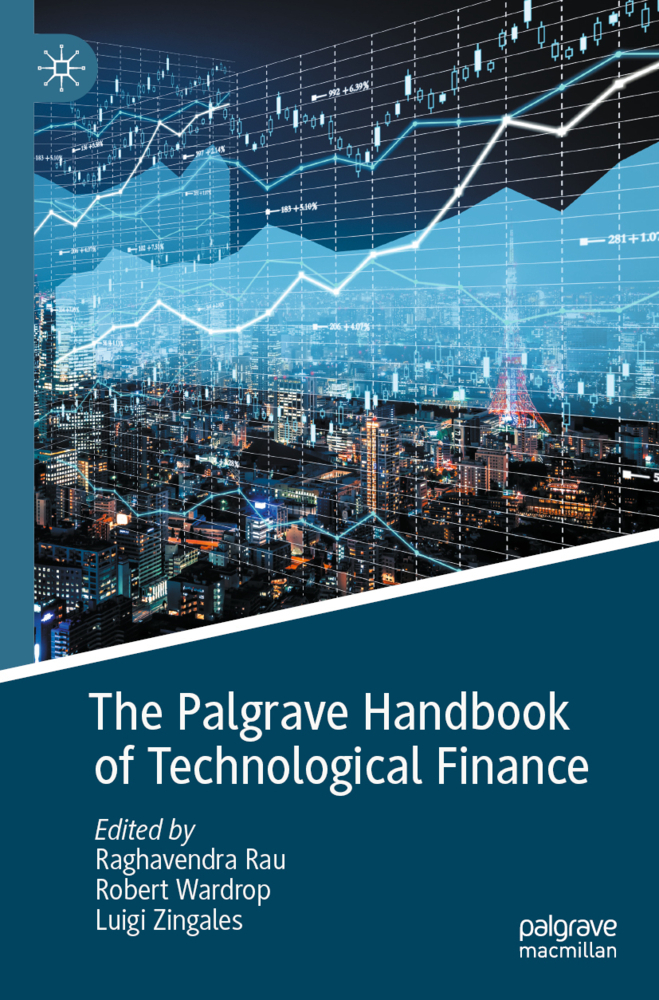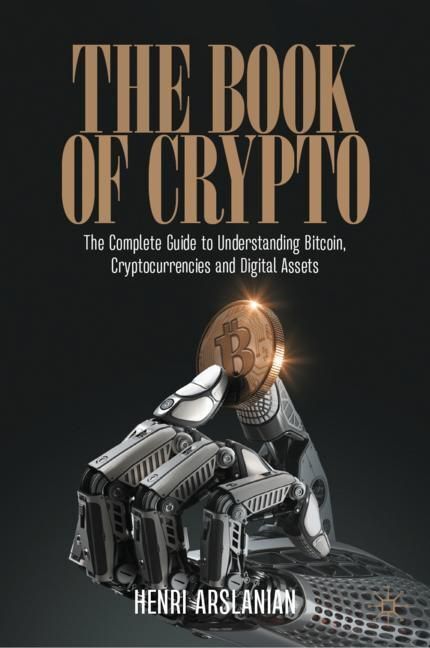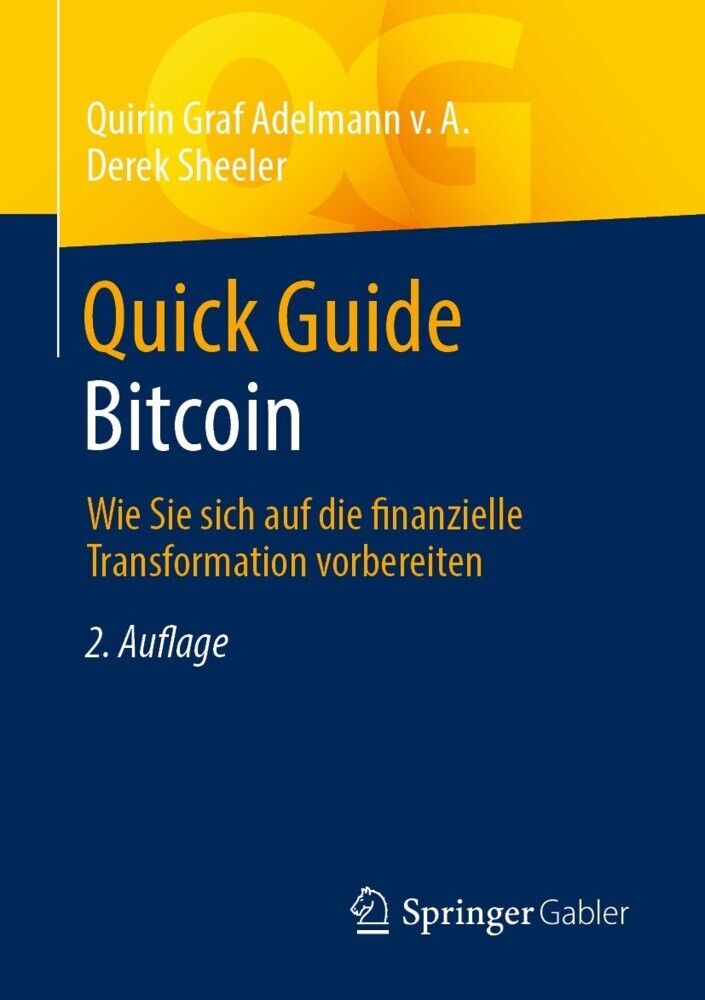Cryptofinance and Mechanisms of Exchange
DR. Khaled Guesmi is a full Professor of Finance at Paris School of Business and adjunct professor at Telfer School of Management, University of Canada. He undertakes research and lectures on empirical finance, applied time-series econometrics, and commodity markets. Dr. Guesmi obtains his HDR (Habilitation for Supervising Doctoral Research) in in July 2015. He holds his Ph.D. in Economics from the University Paris Nanterre in 2011, and his M.Sc. in Finance from Paris I University of Sorbonne in 2005. Previously, he served as Professor of Finance and Head of Environment, Climate Change and Energy Transition Chair at IPAG Business School, as associate research positions at 'EconomiX' laboratory at the University of Paris Ouest La Défense and 'ERF' Economic Research Forum, Egypt. In 2003 Dr. Guesmi joined the UNESCO as a Research Manager, and in 2008, he joined 'Caisse de Dépôts et Consignations' as Financial Analyst.
He has published articles in leading refereed journals, including the Energy Journal; International Review of Financial Analysis; Journal of International Financial Markets, Institutions & Money, Annals of Operations Research, Energy Economics and Energy Policy. Furthermore, Dr. Guesmi currently serves as Associate Editor at Finance Research Letters, as international advisory board at The International Spectator. In addition, Khaled Guesmi is the founder of the International Symposium on Energy and Finance Issues and the Project Manager of European Commission's Horizon 2020 Program for Research and Innovation. Dr. Khaled Guesmi hold the 4th best world researcher in Energy Finance: Frontiers and Future Development in Beijing in 2018.
Stéphane Goutte has two PhDs, one in Mathematics and one in Economics. He got his Habilitation for Supervising Scientific Research (HDR) in 2017 at University Paris Dauphine. He is Associate Professor at University Paris 8 and senior lecturer at University of Luxembourg. He is a Senior Editor of Finance Research Letters (FRL), an Associate Editor of International Review of Financial Analysis (IRFA) and Research in International Business and Finance (RIBAF), a Subject Editor of Journal of International Financial Markets, Institutions and Money (JIFMIM) and an Editorial member of European Management Review (EMR). His interests lie in the area of mathematical finance and econometric applied in energy, commodities or environmental issues. He published more than fourty research papers in international review including the Energy Economics; Energy Policy; Applied Mathematical Finance; Stochastic Processes and their Applications; Journal of Computational Finance; International Review of Financial Analysis; Journal of International Financial Markets, Institutions & Money; Annals of Operations Research; Applied Economics; Finance Research Letters. He was a guest-editor of special issue of international peer-reviewed journals and editor of many handbooks. He is the recipient of best paper awards, and various prestigious awards. He was a Visiting Professor at world leading research-intensive institutions.
Dr. Samir Saadi is an Associate Professor and Telfer Fellow in Behavioral Finance at Telfer School of Business. He received a Ph.D. from Smith School of Business of Queen's University. Before joining the University of Ottawa, he was a Visiting Scholar at world leading research-intensive institutions such as Stern School of Business of New York University and INSEAD (France). He held several external grants from, among others, the Social Sciences and Humanities Research Council of Canada (SSHRC). His current research funded by SSHRC focuses on how social media influences investors' behaviour. Along with several book chapters, Dr. Saadi has published over 50 academic papers in refereed journals such us Financial Management, Journal of Corporate Finance, Journal of Banking and Finance, Journal of Financial Research, Contemporary Accounting Research, Journal of Business Ethics, and Journal of Business Finance and Accounting. He is an Editor of Finance Research Letters and has been Guest Editor of several special issues of peer-reviewed journals, and keynote speaker in several international conferences. He is the recipient of best paper awards, and various prestigious awards from, among others, the SSHRC, the Europlace Institute of Finance, and the American Finance Association.
1;Preface;6 2;Contents;8 3;About the Editors;9 4;Cryptocurrencies as an Asset Class;11 4.1;1 Introduction;11 4.2;2 The Technology Behind Cryptocurrency;13 4.3;3 The Rise of Cryptocurrency;15 4.4;4 Potential Assets: Cryptographic Coins and Tokens;16 4.5;5 Cryptocurrencies as Investments;17 4.5.1;5.1 Investability;17 4.5.2;5.2 Impact on Portfolio Performance;19 4.6;6 Dataset and Methodology;20 4.6.1;6.1 Data;20 4.6.2;6.2 Methodology;22 4.6.2.1;6.2.1 Correlation;22 4.6.2.2;6.2.2 Liquidity;23 4.6.2.3;6.2.3 Stability;23 4.6.2.4;6.2.4 Portfolio Optimizations;24 4.7;7 Results;25 4.7.1;7.1 Correlation;25 4.7.2;7.2 Liquidity;28 4.7.3;7.3 Stability;30 4.7.4;7.4 Portfolio Optimization;31 4.8;8 Conclusion;35 4.9;References;36 5;Are Virtual Currencies Virtuous? Ethical and Environmental Issues;39 5.1;1 Introduction;39 5.2;2 Cryptocurrencies and Energy Consumption: Virtual Currency but Real Environmental Impact;42 5.2.1;2.1 Why This Is a Serious Issue?;42 5.2.1.1;2.1.1 Bitcoin and Other Main Crypto Currencies: An Overview;42 5.2.1.2;2.1.2 Systems Dynamics: Applied to the Bitcoin Case;44 5.2.2;2.2 What Are the Solutions?;46 5.2.2.1;2.2.1 Green Energy;46 5.2.2.2;2.2.2 Mining Equipment Energy Efficiency;46 5.2.2.3;2.2.3 System Parameters;46 5.2.2.4;2.2.4 Mining Competition;47 5.2.3;2.3 A Striking Example of Real Issues Related to Virtual Systems;48 5.3;3 Cryptocurrencies and the Dark Net: The Dark Side of Cryptocurrencies;48 5.3.1;3.1 Financing Illegal Activities;49 5.3.1.1;3.1.1 Financing of Illicit Products;49 5.3.1.2;3.1.2 Terrorist Financing;50 5.3.2;3.2 Cyber Attacks;51 5.3.3;3.3 Money Laundering and Tax Evasion;52 5.4;4 Ethical Aspects and Uses of Cryptocurrencies;53 5.4.1;4.1 Business Ethics Beyond Government Control;53 5.4.2;4.2 Reduction in Inflation and Central Bank Adjustments;54 5.4.3;4.3 Poverty Reduction;54 5.4.4;4.4 Protection of Privacy and Personal Data;55 5.5;5 Conclusion: Regulatory Issues and Challenges;56 5.6;References;58 6;Cryptocurrency Mining;61 6.1;1 Introduction;61 6.2;2 How Does Mining Work?;62 6.2.1;2.1 Methods of Mining;63 6.2.2;2.2 Hardware for Mining;66 6.2.3;2.3 Software for Mining;68 6.3;3 Evolution of Mining;69 6.4;4 Factors Influencing Mining;70 6.4.1;4.1 Energy Consumption and the Wastage of Resources;71 6.4.2;4.2 Volatility;74 6.4.3;4.3 Mining Puzzles/Solving Blocks;75 6.5;References;76 7;Regulating Bitcoin: A Tax Case Study;78 7.1;1 Introduction;78 7.2;2 The Coffee Bonding Theory;79 7.3;3 A Tax Case Study;80 7.3.1;3.1 Involuntary Noncompliance;81 7.3.2;3.2 Voluntary Noncompliance;82 7.4;4 Conclusion;83 7.5;References;83 8;Are Cryptocurrencies Truly Trustless?;85 8.1;1 Introduction;85 8.2;2 The Promise de Trustlessness;87 8.3;3 Hard Forks;88 8.4;4 Cryptocurrency Exchanges;89 8.4.1;4.1 Mt. Gox;89 8.4.2;4.2 Quadriga CX;90 8.5;5 Initial Coin Offerings;92 8.6;6 Recourse of Traditional Structures;93 8.6.1;6.1 SEC and CFTC as Regulators;93 8.6.2;6.2 Quadriga CX in Court;94 8.7;7 Conclusion;95 8.8;References;96 9;Blockchain and Alternative Sources of Financing;98 9.1;1 Introduction;98 9.2;2 The Ethereum Blockchain and the Ether Crypto-currency;99 9.2.1;2.1 CryptoKitties;99 9.2.2;2.2 Brave Browser;100 9.2.3;2.3 uPort;100 9.3;3 A New Age of Financing, Birth of the ICOs;101 9.3.1;3.1 What is an ICO?;101 9.3.2;3.2 Cryptoexchanges;104 9.3.3;3.3 Similarities Between ICO and Traditional Stock Market;105 9.3.4;3.4 The Pump and Dump Online Community;106 9.3.4.1;3.4.1 Consequences of Pumps and Dumps;107 9.4;4 A New Age of Financing, Birth of the STOs;108 9.4.1;4.1 Coin Classification Framework;108 9.4.2;4.2 The Dawn of the STOs;110 9.4.3;4.3 Avoiding the Mistakes of the Past;110 9.4.4;4.4 Steps for Launching an STO;112 9.4.5;4.5 Advantages and Disadvantages of STOs vs. ICOs;113 9.5;5 IEO, Innovating in an Emerging Industry;115 9.5.1;5.1 The IEO Process;115 9.6;6 Conclusion;116 9.7;References;117 10;Tokenomics;119 10.1;1 Introduction;119 10.2;2 Initial Coin Offerings;120 10.3;3 History of ICOs;120 10.4;4 Literature Review o
Goutte, Stéphane
Guesmi, Khaled
Saadi, Samir
| ISBN | 9783030307387 |
|---|---|
| Artikelnummer | 9783030307387 |
| Medientyp | E-Book - PDF |
| Copyrightjahr | 2020 |
| Verlag | Springer-Verlag |
| Umfang | 202 Seiten |
| Sprache | Englisch |
| Kopierschutz | Digitales Wasserzeichen |

